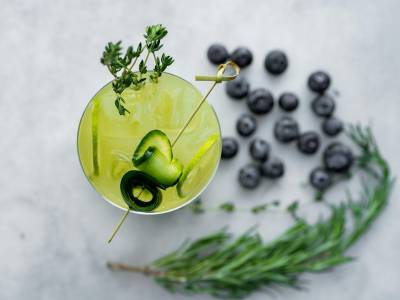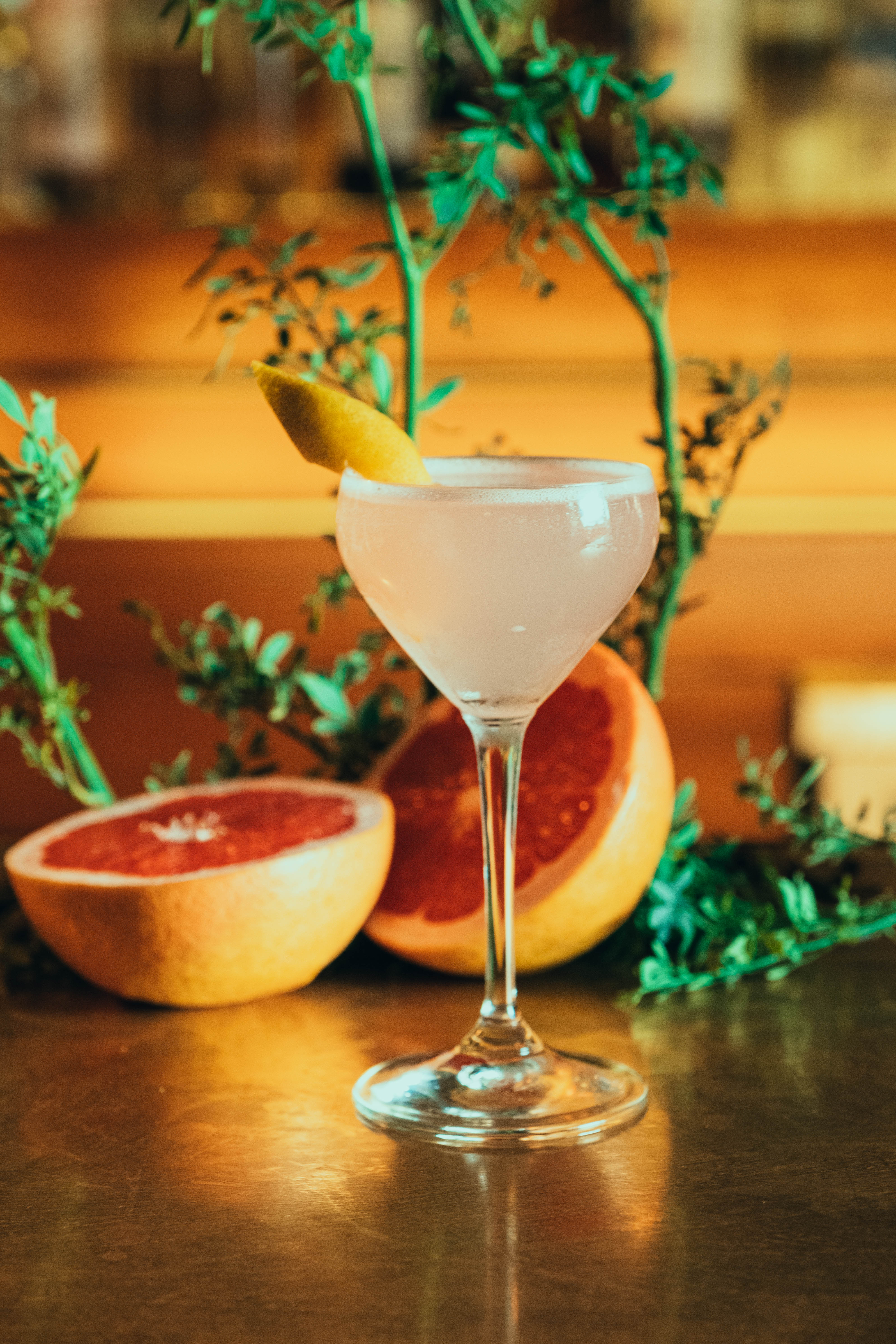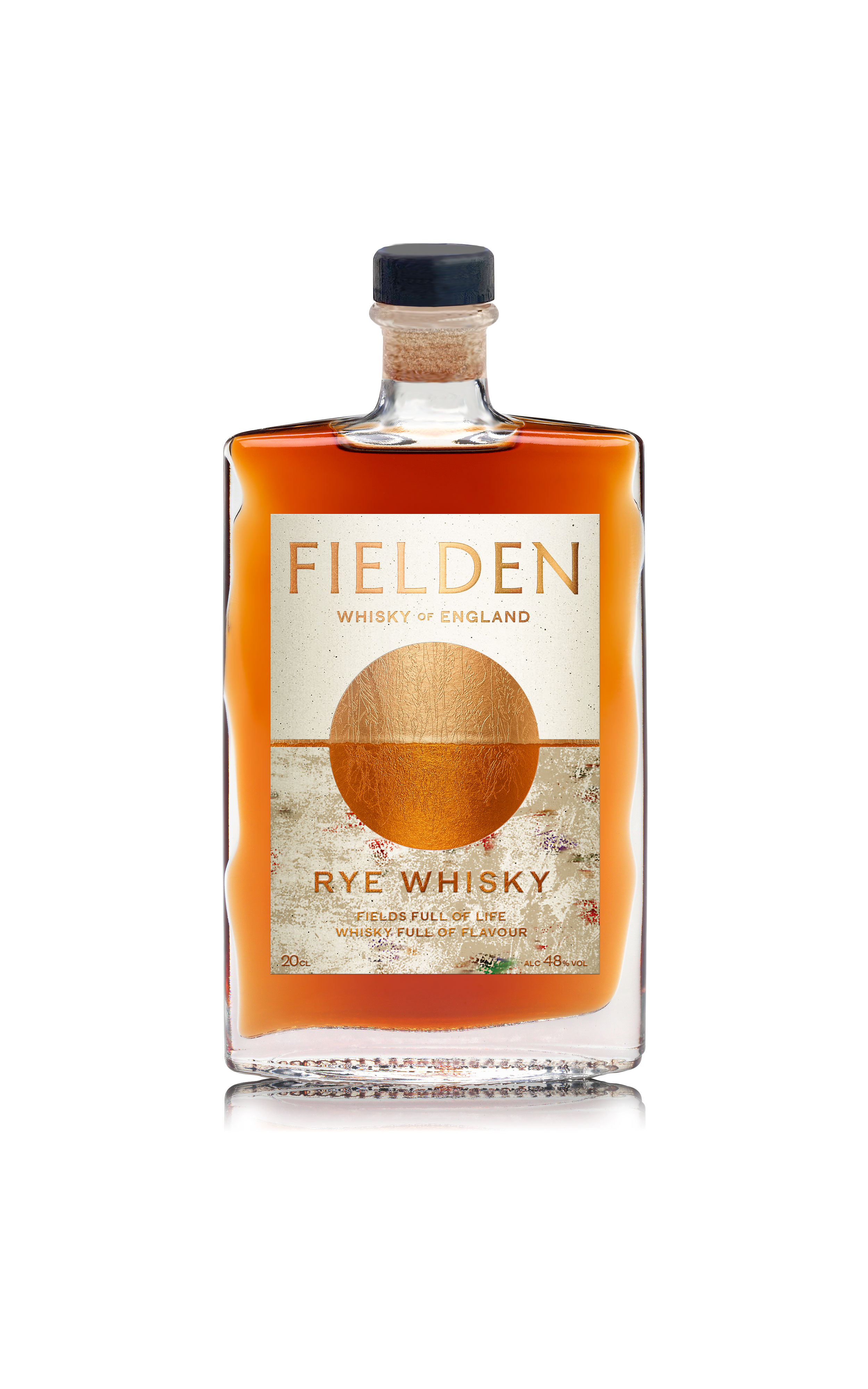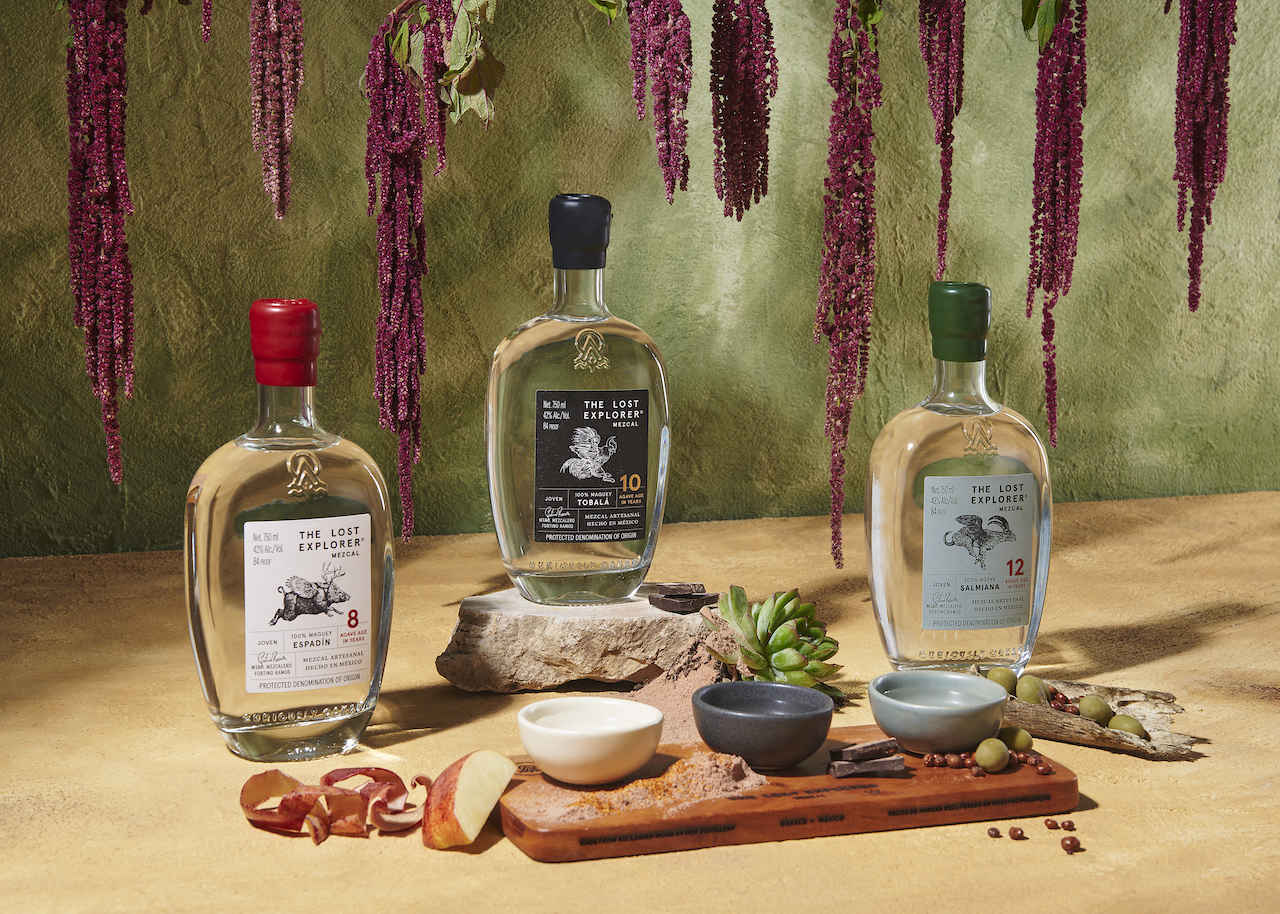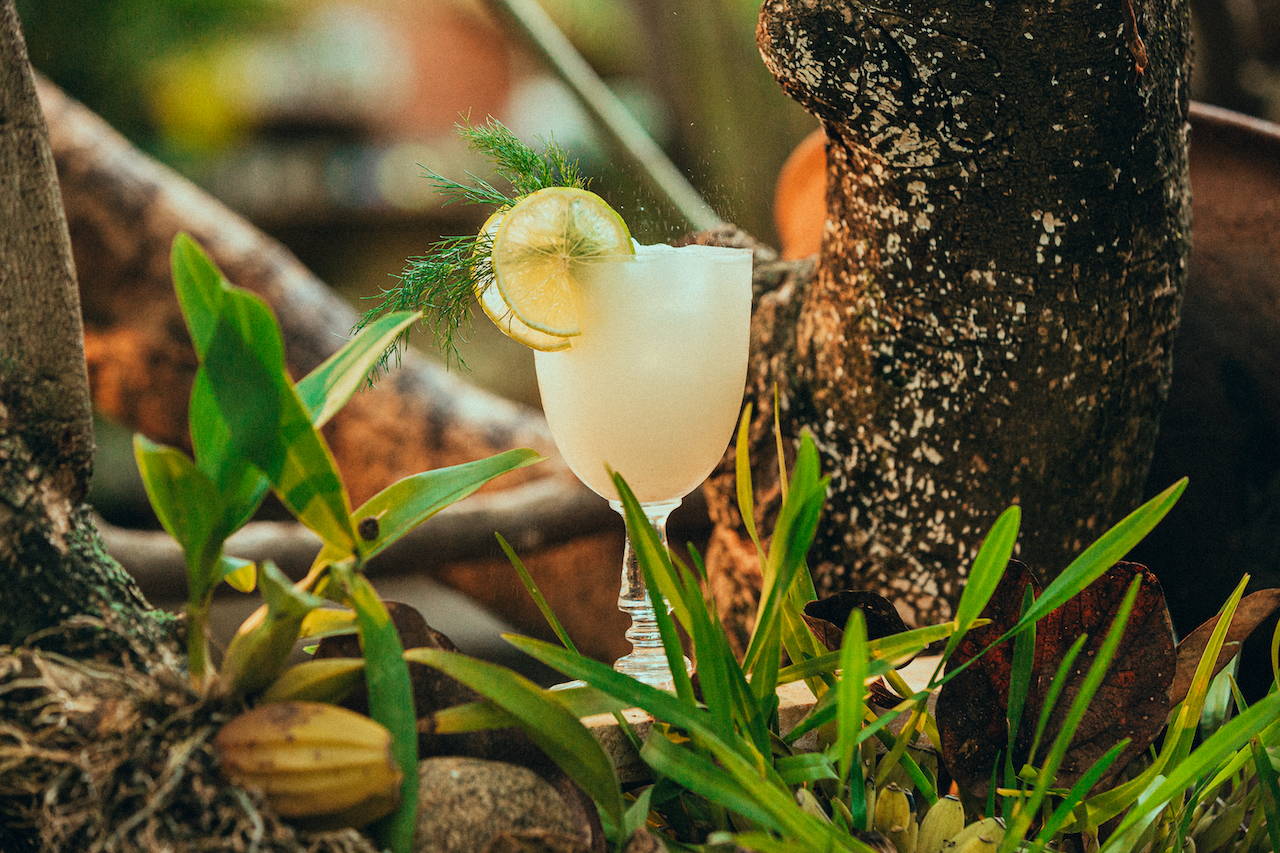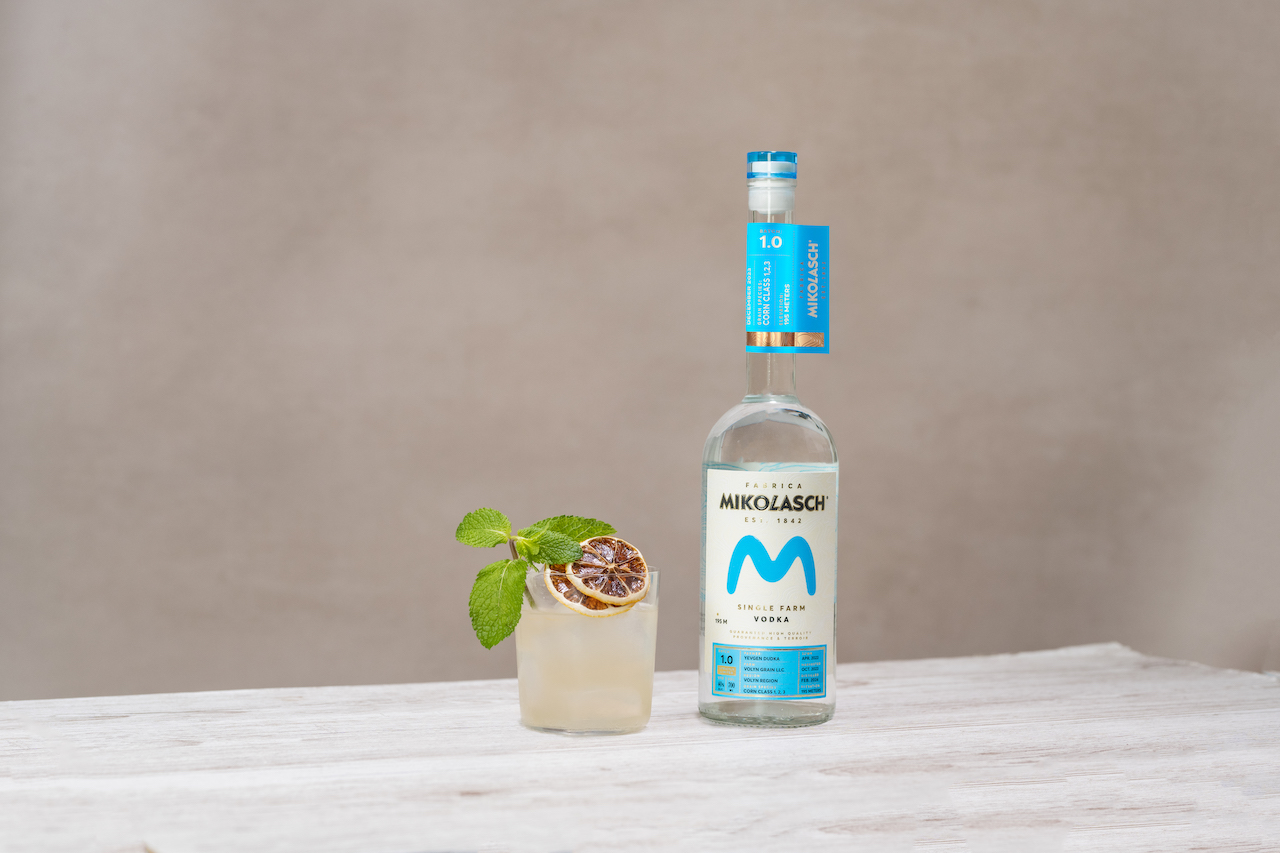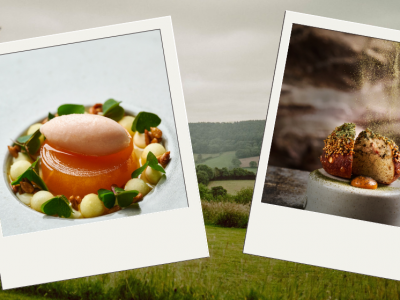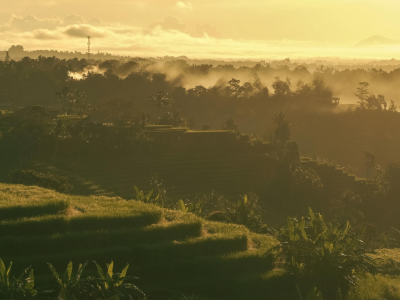From zero-waste restaurant in Hackney Silo and Fallow’s sustainably sourced chicken brasserie in Piccadilly to pioneering meat producers such as The Ethical Butcher, food suppliers have been transforming to fill our plates with ecologically mindful choices. Yet when it comes back to knocking back a martini after a long day or sipping that Aperol spritz now we have sight of the sun in London, the effects on the planet of our stiff drinks isn't always front of mind.
Despite this, like food, alcohol is often farmed on mass, and in turn can cause greenhouse gas emissions, air pollution and water depletion, not to mention wreaking havoc on biodiversity and soil in the process. In terms of scale, one study indicates the global alcoholic beverage industry produces around 1.5 gigatons of greenhouse gas emissions each year – comparable to the emissions of around 276 million cars.
